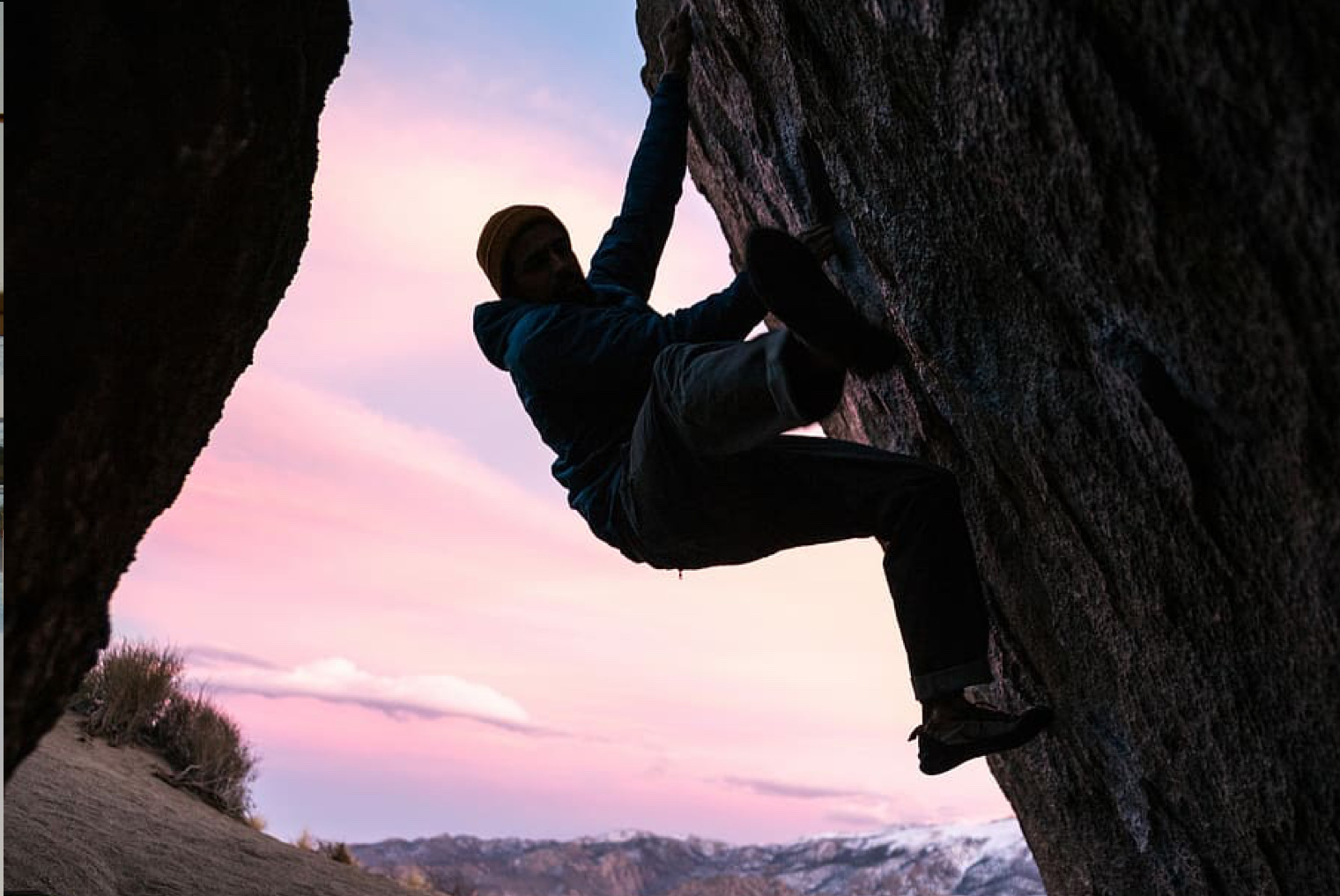What can we perceive? Up to now, no general criterion, whether theoretical or empirical, has successfully been proposed to answer this question. But the search for that criterion is the right road to pursue, and will be relevant for an understanding of how aesthetic properties can be perceived, if at all.
Research & Ideas

High art culture has tended to focus on the arts of objects and largely ignored the arts of action, things like rock climbing, games, improvised communal dance, and social food rituals. Also our theory of the arts has elided these "process arts". As a consequence, our attention has been driven away from much of the aesthetic richness available to us.

Ever since the formal inception of the discipline in the mid-eighteenth century, aesthetics has taken that which pertains to the senses, or sense perception, as its subject-matter. But given this, how do we explain the ascription of aesthetic value to non-perceptual entities such as mathematical proofs and conceptual art? Can we reconcile the insistence on first-hand perceptual experience in aesthetic judgement with the phenomenon of expertise?
